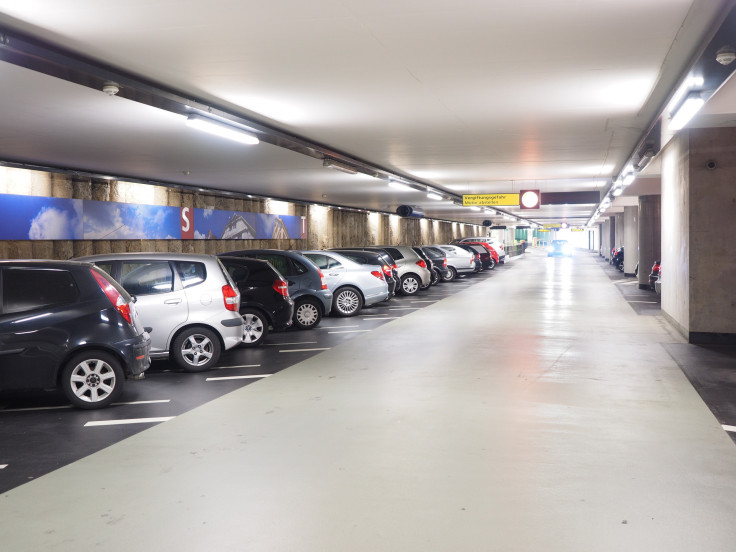
Data has emerged indicating a 50 per cent surge in hospital parking fees in England within the span of just one year. The figures, brought to light by the Liberal Democrats, expose the financial burden shouldered by visitors and patients, who collectively paid a staggering £146 million for parking during the 2022/23 fiscal year, equivalent to an alarming £400,000 per day.
Comparing these numbers to the preceding year's total of £96.7 million and a threefold increase from two years prior, it is evident that the issue of escalating parking costs is becoming increasingly pressing.
A noteworthy aspect of this surge is the more than eight-fold rise in parking fees paid by hospital staff, skyrocketing from £5.6 million in 2021/22 to a staggering £46.7 million in the following fiscal year.
The Liberal Democrats swiftly condemned this substantial increase, labelling it a "tax on caring". They took aim at the government, accusing it of failing to fulfil a promise made in its 2019 manifesto, which pledged to eliminate unjust charges by providing free parking to those in greatest need. This failure to act on the manifesto commitment has fueled frustration and raised questions about the government's commitment to supporting both patients and healthcare workers.
The drastic spike in parking charges can be attributed in part to the reintroduction of fees after the COVID-19 pandemic, a move that has left many questioning the timing and necessity of such a decision.
Patricia Marquis, the Royal College of Nursing's director for England, expressed concern over the impact on nursing staff and support workers, emphasising that the soaring parking costs disproportionately affect those already earning lower wages. She called for a reconsideration of the government and NHS stance, stating that leaving nursing staff out of pocket for simply doing their jobs is unjust.
As of March 2022, current NHS guidance outlines specific groups eligible for free parking, including disabled individuals, frequent outpatient attenders, parents of sick children staying overnight and staff working night shifts. Furthermore, NHS Trusts are encouraged to ensure that fees are "reasonable for the area" on a voluntary basis.
The Health Foundation think tank reported that NHS England's budget is now £3.5 billion less than the previous year due to high inflation, raising concerns about the sustainability of healthcare services. The Liberal Democrats warned that if local health services are not adequately funded, parking fees are likely to continue surging, placing additional financial strain on patients and staff.
Daisy Cooper, the Liberal Democrat health and social care spokesperson, criticized Chancellor Rishi Sunak for reducing NHS funding, particularly when hospitals are already facing considerable challenges. The party has proposed the creation of a "visiting and caring fund" in collaboration with NHS trusts to alleviate the burden on patients and staff by lowering parking fees. This fund aims to ensure that individuals visiting their loved ones in hospitals do not face exorbitant costs.
In response, a Tory spokesman defended the government's actions, asserting that they have fulfilled their manifesto pledge to end unfair charges for those in greatest need. The spokesman challenged the Liberal Democrats to be transparent about which services they would cut to further subsidise parking.
The escalating concerns about NHS funding and parking fees coincide with recent disruptions caused by junior doctor strikes in England. Last week, nearly 88,000 NHS appointments were cancelled, with over 86,300 of them being hospital check-ups and operations.
An additional 1,500 community and mental health appointments were also affected, bringing the total number of appointments disrupted since the initiation of strikes a year ago to over 1.2 million.
On the other hand, the upcoming six-day walkout by junior doctors, scheduled to commence on January 3rd, marks the longest in the history of the NHS. Talks between the British Medical Association (BMA) and the government broke down earlier this month, leading to this extended industrial action.
NHS England's medical director, Prof Sir Stephen Powis, voiced concerns over the strike's timing, as it coincides with one of the busiest periods for the health service.







